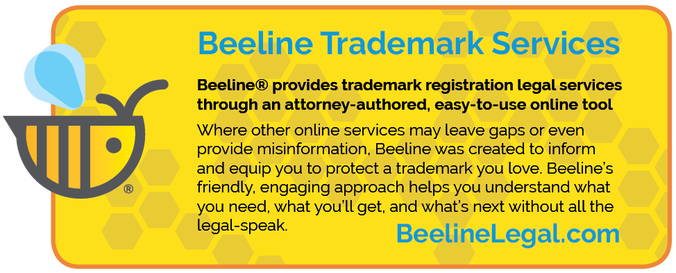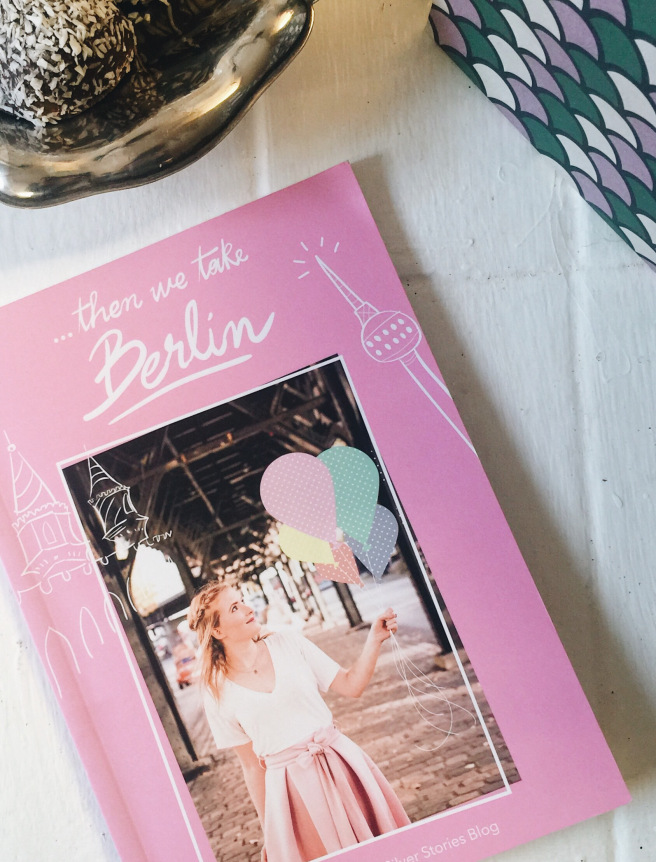We’ve already seen that you can’t get a registration for words that just describe what you’re selling:
- No SMARTPHONE brand cell phones
- No H2O brand water
But what if your trademark describes what you’re selling in a language other than English? Can that work as a trademark? Can you get a registration?
Generally, if the English translation can’t work as a trademark, then the non-English word can’t work as a trademark (and can’t be registered) either.
The Doctrine of Foreign Equivalents[i] says that a “foreign equivalent of a merely descriptive English word is no more registrable than the English word itself.”
- No EAU brand bottled water
There are limits to the application of the doctrine: It’s applied only when “the ordinary American purchaser would stop and translate” into English.[ii]
That means we don’t have to worry about the translation of words from obscure or dead languages or less common words from common languages because the “ordinary American purchaser” is unlikely to be familiar with those words.
How does this play out in the real world? It actually creates some pretty arbitrary results. Which of these words did the Trademark Office examiner have problems with? Answers are below:
VODA for water bottles[iii]
VESTITA for women’s clothing[iv]
BÄREN-SCHUHE for footwear[v]
AGUA CRISTAL for spring water[vi]
HUSET for retail store services featuring housewares[vii]
KLINGON WARNOG for beer[viii]
TEMPUS for clocks[ix]
Like I said, pretty arbitrary.

[i] The Doctrine of Foreign Equivalents is used in a bunch of situations: To determine whether a trademark is primarily a surname; to determine whether a trademark is confusingly similar to another trademark; to determine whether a trademark is merely descriptive etc. In other words, translate the word and then ask all the usual trademark law questions about the English translation.
[ii] Here’s what the Trademark Manual of Examination Procedure has to say:
The foreign equivalent of a merely descriptive English word is no more registrable than the English word itself. “[A] word taken from a well-known foreign modern language, which is, itself, descriptive of a product, will be so considered when it is attempted to be registered as a trade-mark in the United States for the same product.”
Although words from modern languages are generally translated into English, the doctrine of foreign equivalents is not an absolute rule, but merely a guideline. The doctrine should be applied only when it is likely that the ordinary American purchaser would stop and translate the foreign word into its English equivalent. Thus, an examining attorney will generally apply the doctrine when the relevant English translation is literal and direct, the term comes from a common, modern language, and there is no contradictory evidence of another relevant meaning. The “ordinary American purchaser” includes “all American purchasers, including those proficient in a non-English language who would ordinarily be expected to translate words into English.”
The “ordinary American purchaser” includes “all American purchasers, including those proficient in a non-English language who would ordinarily be expected to translate words into English.”
While foreign words are generally translated into English for purposes of determining descriptiveness, foreign words from dead or obscure languages may be so unfamiliar to the American buying public that they should not be translated into English for descriptiveness purposes. The determination of whether a language is “dead” must be made on a case-by-case basis, based upon the meaning that the term would have to the relevant purchasing public.
Example: Latin is generally considered a dead language. However, if evidence exists that the relevant purchasing public still uses a Latin term (e.g. , if the term appears in current dictionaries or news articles), then that Latin term is not considered dead. The same analysis should be applied to other uncommon languages.
TMEP Section 1209.03(g). All citations omitted.
[iii] VODA is Russian for “water” and that was a problem in this application.
[iv] VESTITA is Italian for “dress” and that was a problem in this application.
[v] BÄRON-SCHUHE is German for “bear shoe”. Remarkably the applicant included a disclaimer of the word SCHUHE but the Trademark Office examiner advised that the applicant withdraw the disclaimer. The word is pronounced just like “shoe”. This is a mind-blowing conclusion by the examiner.
[vi] AGUA is Spanish for “water” and that was a problem in this application. Bizarrely, an application for AQUACRISTAL for “bottled water” sailed right through.
[vii] HUSET is Swedish for “house”. This was not a problem for getting a registration.
[viii] WARNOG is Klingon for beer, apparently. This was not a problem for getting a registration.
[ix] TEMPUS is Latin for “time”. This was not a problem for getting a registration.
Share this:- More






